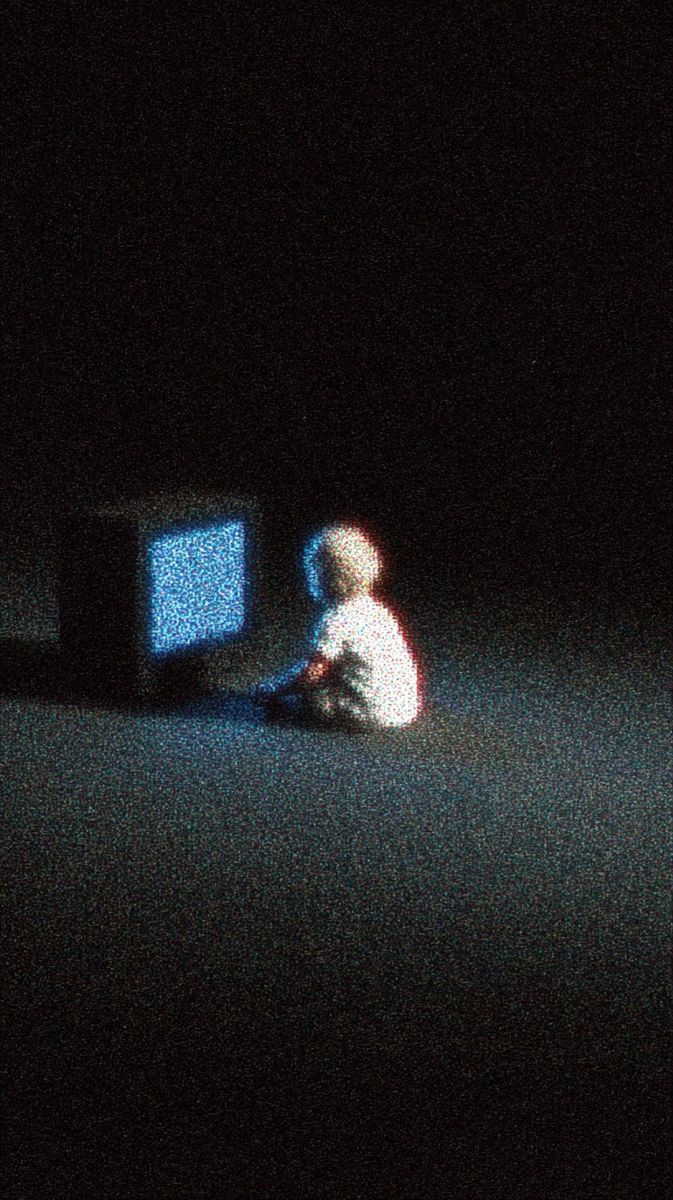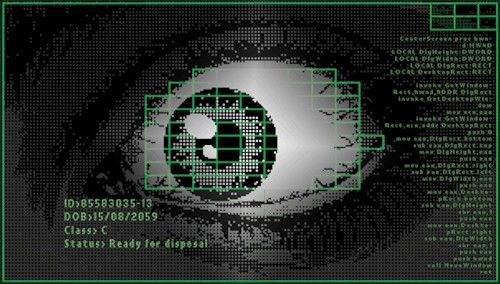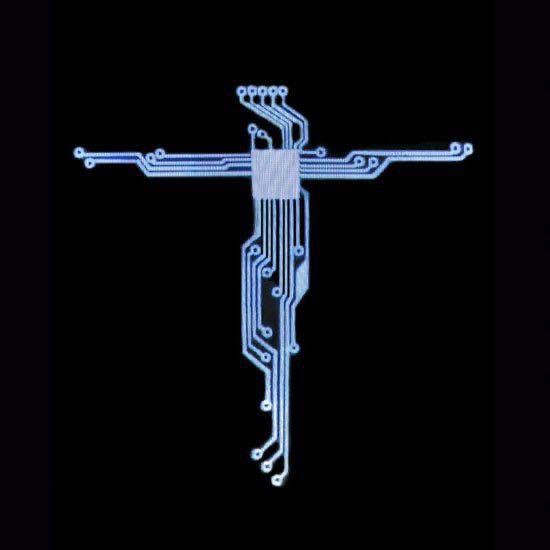This is how cognitive scientist Joscha Bach describes our reality. He suggests that the universe is a game engine, rendering experience in real time, following computational laws that determine everything from physics to consciousness itself. If this is true, then the process of awakening—becoming "lucid"—is like progressing through different levels of a vast, multi-layered simulation.
Imagine waking up inside a video game. At first, you wouldn't realize it. The world would seem real, its rules absolute. You'd accept the environment as it is, following objectives, responding to obstacles, believing that the challenges you face are simply part of life. But at some point, you might start to notice glitches—strange inconsistencies, moments where the illusion flickers. You begin questioning the mechanics, wondering if there's something beyond the game itself.
Bach's Levels of Lucidity map out the stages of this progression, from blindly following the script to taking control of your character, to realizing the game itself is just code, and eventually, to transcending the system entirely.
If reality is a simulation, then the real question is: how much control do we actually have? And what happens when we reach the final level?
Stage 1: Reactive Survival – The Tutorial Mode
At this stage, consciousness is operating on pure instinct. There is no concept of self, identity, or choice—only immediate reactions to stimuli. This is the experience of a newborn, an animal, or even a non-playable character (NPC) in a game. The world is engaged with in a raw, automatic way. Hunger, pain, and fear dictate all actions. There is no awareness beyond the present moment, no questioning of why things are the way they are. In gaming terms, this is the tutorial phase, where the player has no agency and simply follows predefined instructions, unaware that a larger game world exists.
Stage 2: The Personal Self – Choosing a Character
At this level, the player begins to develop a sense of identity. A child learns its name, differentiates between itself and others, and starts forming basic preferences. This is the beginning of the ego, where the self is seen as separate from the world. However, the player is still operating within the default settings, much like selecting an avatar in a game. The world is still accepted at face value—there is no questioning of its rules, only an intuitive engagement with it. Though the individual begins to form opinions and desires, they remain unaware that reality is constructed. The game is immersive, but the player does not yet realize they are playing.
Stage 3: The Social Self – Playing by the Rules
Now the game introduces its main objectives: education, career, relationships, societal expectations. The player fully integrates into the system, following the scripted path laid out before them. Society dictates what is important—status, reputation, external achievements. This is the stage where conditioning is at its peak. Just as a video game presents a series of quests and achievements to keep the player engaged, society does the same. Many remain at this level their entire lives, accumulating in-game currency (money), climbing the ranks (career advancement), and fulfilling the game's programmed goals without ever realizing they have the ability to break free.
Society dictates what is important—status, reputation, external achievements. This is the stage where conditioning is at its peak.
Stage 4: Rational Agency – Discovering the Game's Code
At this stage, a shift occurs. The player begins to see the underlying mechanics of the game engine. They question societal norms, challenge long-held beliefs, and start deconstructing the illusion of external control. This is where philosophy, science, and introspection take center stage. The individual realizes that money, power, and status are not absolute truths but constructs—game mechanics designed to maintain order. Some become hackers of the system, learning how to manipulate its rules rather than blindly follow them. However, many remain trapped here, analyzing the game without ever attempting to leave it. They understand its structure but are still participating in it.
Stage 5: Self-Authoring – Modding the Game
Now the player realizes that they are not just inside the game—they can modify it. Reality is no longer a rigid, predetermined space but a flexible construct that can be shaped through intent, belief, and perception. This is the level of true autonomy, where the individual stops seeking external validation and begins to construct their own meaning. The ego, once seen as a fixed identity, becomes fluid. In gaming terms, this is the point where the player starts modding—rewriting the rules, exploring beyond the main quest, and engaging with reality as a creative process rather than a fixed narrative.
Stage 6: Enlightenment – Waking Up in the Simulation
The realization dawns: the game itself is not real. The character, the goals, the environment—all of it is a construct. At this stage, the illusion of separation dissolves, and consciousness no longer clings to identity. The individual exists in pure awareness, understanding that everything is part of a single unfolding process. In this state, suffering disappears, as there is no longer attachment to outcomes or roles. Some remain here, content in the awareness that they are lucid in the dream. Others, however, ask: what lies beyond even this?
Stage 7: Transcendence – Logging Out or Moving to a New Game
At the final level, the player steps beyond the game engine entirely. What this means is unknown. It could be merging with the Source, exiting the cycle of reincarnation, or stepping into an entirely new level of existence. Perhaps there is no final exit—only endless layers of reality, each one revealing a deeper construct beneath it. Maybe enlightenment is not the end of the game but the realization that there was never a game to begin with.
Stage 1: Reactive Survival – Tutorial Mode
Stage 2: The Personal Self – Choosing a Character
Stage 3: The Social Self – Playing by the Rules
Stage 4: Rational Agency – Discovering the Game's Code
Stage 5: Self-Authoring – Modding the Game
Stage 6: Enlightenment – Waking Up in the Simulation
Stage 7: Transcendence – Logging Out
Final Transmission
Some remain in tutorial mode forever. Others climb the levels, gaining increasing control over their reality. But the rare few reach the final threshold, where they realize that the game was never separate from the player.
The real question is not whether this is a game.
The real question is:
What happens when you wake up inside it?
Are you ready to level up?
The choice to continue playing—or to transcend—is yours.
Continue Your Journey
Gaming the system of existence



